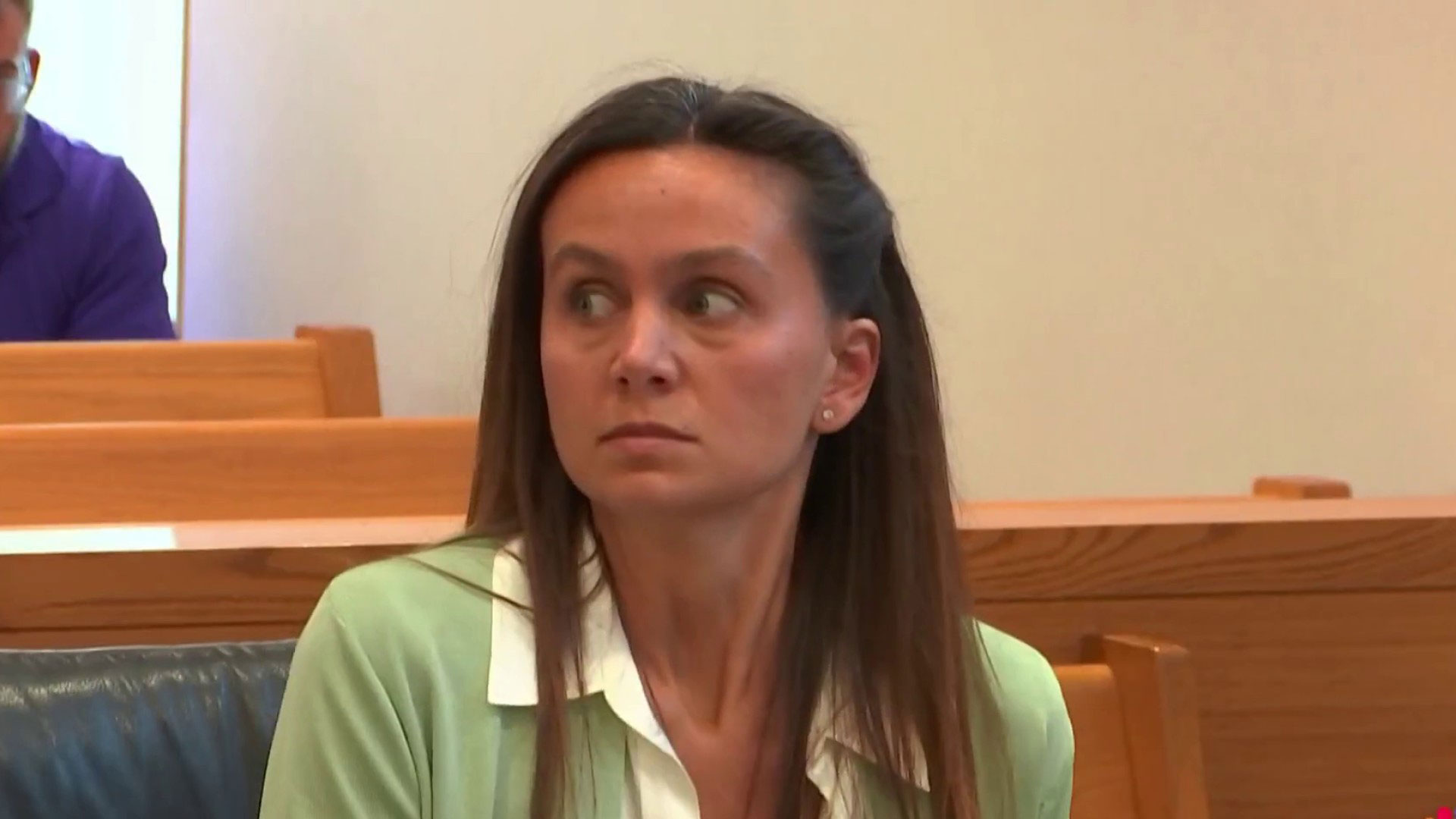Jazz singer and composer Abbey Lincoln, who was known for her distinctive vocal delivery, died yesterday in New York, The Associated Press reported. She was 80 years old.
Her passing was confirmed by her friend Carol Friedman, who is producing a documentary on Lincoln’s life. The singer was reported to be in declining health for a year.
In a profile of Abbey Lincoln in All About Jazz, writer R.J. DeLuke described her as “one of the last of the great singers of her generation.” He added: “Lincoln is in a sense a blithe spirit, and yet concerned about the world around her. She sees the problems in society and in the world of art and music, yet avoids complaining or blaming. Like her idol, Billie Holliday, she tells it like it is.”
Lincoln’s career has spanned six decades beginning with her debut recording "Abbey Lincoln’s Affair: A Story of a Girl in Love" in 1955, according to her bio on the Verve Records Web site. In addition to singing, Lincoln has also appeared in films in the 1960s such as Nothing But a Man and “For the Love of Ivy, which starred Sidney Poitier. (She was also featured in the 1956 film” The Girl Can’t Help It” wearing the dress that Marilyn Monroe wore in "Gentleman Prefer Blondes").
The singer was born Anna Marie Wooldridge in 1930 in Chicago, one of 12 children in the family, and sang when she was very young. She later performed in nightclubs in Los Angeles. A manager gave her the name “Abbey Lincoln.”
Lincoln met legendary jazz drummer Max Roach in New York City, according to NPR Jazz Profiles, and collaborated with him during the 1950s and 1960s, including on Roach’s work “We Insist! Freedom Now Suite.” It was through Roach that she became involved in civil rights causes. The two married but later split up.
After a quiet period in the 1970s and 1980s, Lincoln’s career rebounded during her tenure with Verve Records starting with the 1990 album “The World Is Falling Down”; she recorded a total of 10 albums on Verve. Her last record for the label was “Abbey Sings Abbey,” which was released in 2007.
U.S. & World
The National Endowment of the Arts awarded Lincoln the honor of Jazz Master in 2003.
“We know each other from the work that we've left,” Lincoln once said to All About Jazz in 2004. “After the artist is gone the work that they leave here lives forever. We, as a people, have really been blessed in that there's always been some music."
Selected readings: NPR, All About Jazz, Verve Records



